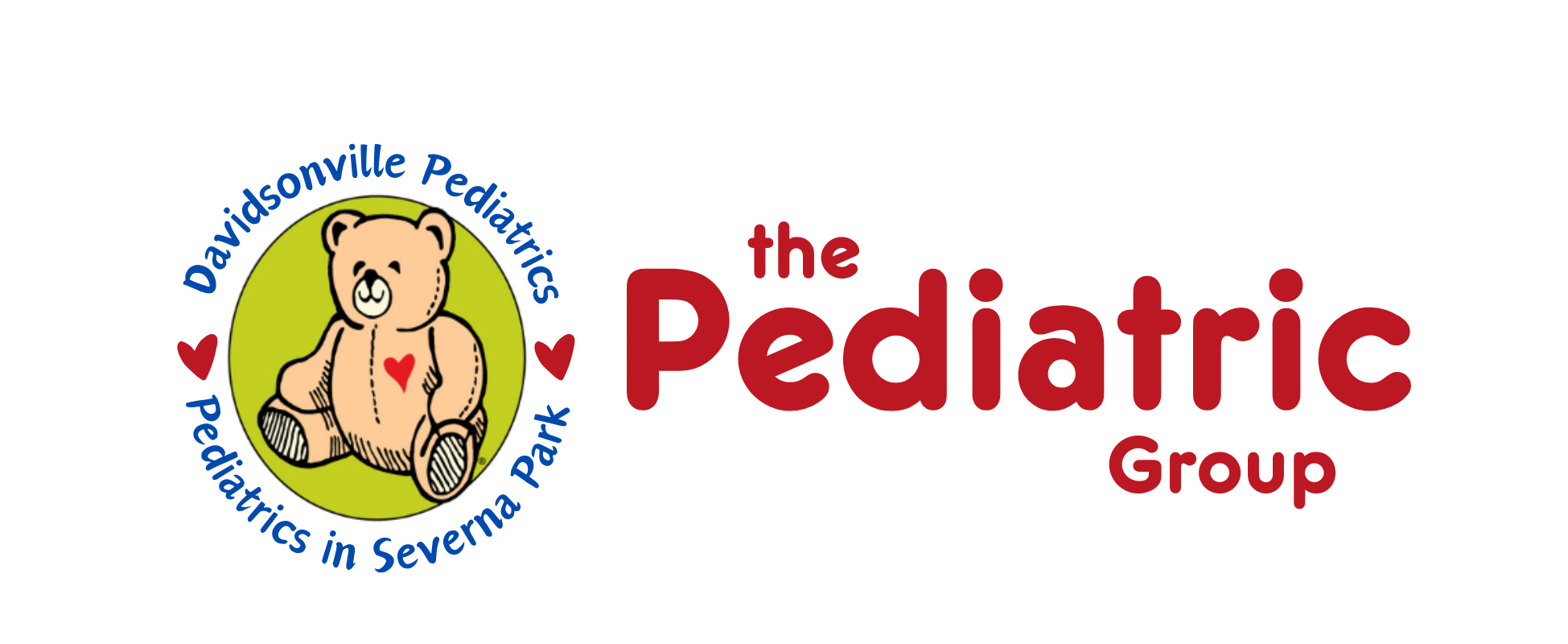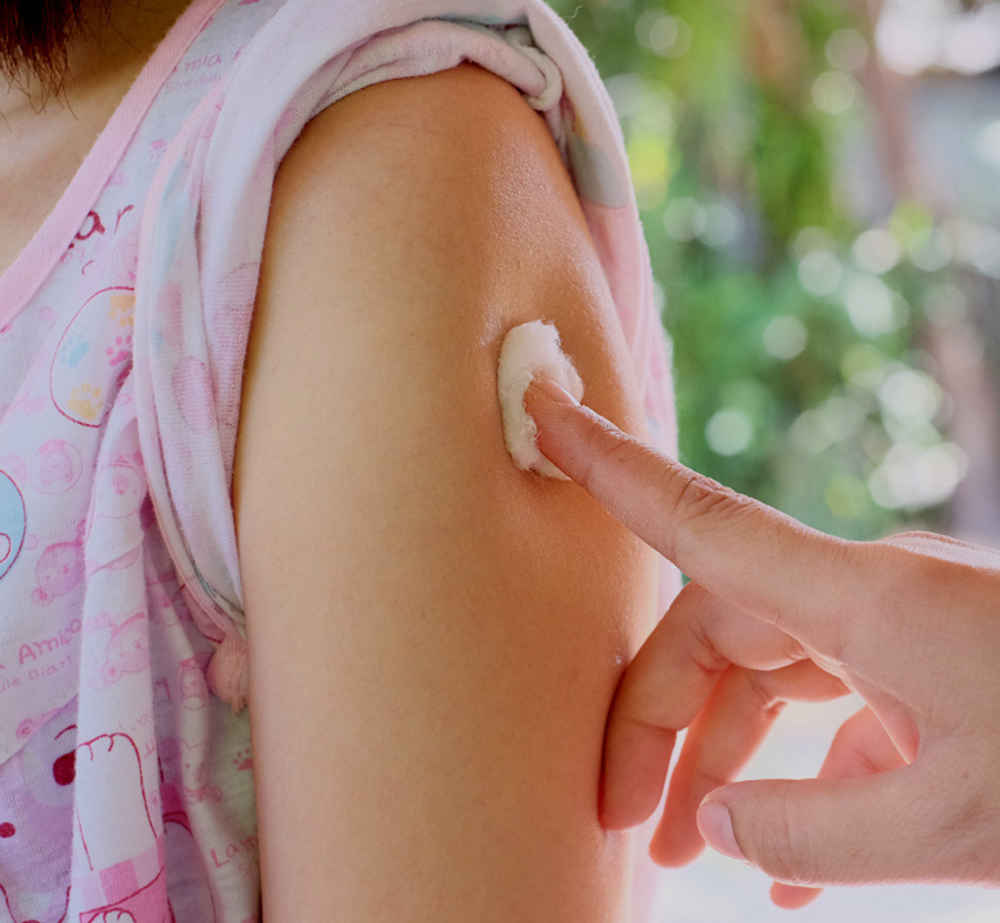410-721-2273
General Recommendations for Breast-Feeding Mothers
In general, nursing mothers produce breast milk of excellent quality. However, the amount of milk each woman produces may vary. Your physical well-being, your diet, and how much rest you get can affect your milk supply. But, the most important influences on milk production are how often you feed your baby (or pump your breasts) and how effectively milk is removed from your breasts.
Many women have questions about how they will need to change their lifestyles while nursing. They fear that they may be restricted in many ways. In fact, most women can follow these recommendations for successful breast-feeding:
Follow the same guidelines for healthy eating recommended to you during your pregnancy.
Eat a variety of foods at regular mealtimes and keep nutritious snacks on hand if you are hungry between meals. Eat more fresh fruits, vegetables, whole-grain breads and cereals, non-fat dairy products, and protein-rich meats, fish, poultry, and legumes. If you are on a vegetarian diet, you may need to increase the amount of vitamin B12 in your diet. Infants breastfed by women on a vegetarian diet can show signs of not getting enough vitamin B12. Talk you're your healthcare provider about this.
Drink plenty of liquids each day.
Your body needs plenty of water to produce breast milk. Pour yourself a glass of water each time you sit down to nurse. If you feel thirsty, make sure you drink more.
In general, you can eat any foods.
Although breast-fed babies are not allergic to their mother's milk, they can have allergies or other reactions to substances from the mother's diet that appear in breast milk. If your baby is bothered by something you ate, your baby may have a reaction such as excessive crying, stuffy or runny nose, vomiting, diarrhea, cough, or rash on the cheeks or around the bottom.
If a particular food or beverage seems to upset your baby, avoid that substance for a couple of weeks and then try a small amount again to see if it truly affects your baby. The most common foods in a mother's diet that cause allergic symptoms in nursing infants are cow's milk and other dairy products, peanuts, tree nuts, wheat, eggs, fish, shellfish, and soy. Often the food causing a reaction in your baby is something you are eating or drinking every day and a food that was a regular part of your diet while you were pregnant.
If you think your baby is having a reaction to certain foods you eat, talk to your healthcare provider or dietitian before you eliminate a major food group (such as dairy products or wheat products) from your diet. They can suggest substitute foods that will give you the essential nutrients provided by the foods that bother your baby.
Continue taking your daily prenatal vitamins.
Remember, however, that vitamin and mineral supplements do not take the place of food. It is important to eat a well-balanced diet.
Don't drink more than 2 cups of coffee, tea, cola, or other caffeine-containing beverages a day.
Caffeine passes into your breast milk and can make your baby fussy.
It is best to abstain from alcohol while you are breast-feeding, just as you did during your pregnancy.
Alcohol is readily passed into human milk. Any heavy drinking or daily drinking of even small amounts of alcoholic beverages could hurt your baby. Moderate to heavy drinking (2 or more alcoholic drinks per day) can harm the baby's motor development. It also can interfere with the let-down reflex and cause slow infant weight gain. An occasional beer or glass of wine is probably OK, but you should not have more than 1 or 2 a week. Do not breastfeed for 2 hours after having an alcoholic drink. If you have a hospitalized premature or ill newborn, DO NOT drink ANY alcohol.
Do not smoke.
The breakdown products from nicotine can pass to your baby in your milk. If you cannot stop smoking altogether, try to cut down. If you must smoke, do it shortly after nursing your baby. Above all, do not smoke in the car with your baby, in the same room as your baby, or even in the house. Breathing your exhaled smoke can hurt your baby. Smoking also may decrease your milk supply, make your baby more fussy, and decrease the time your baby sleeps.
If you need to take any medicines, including nonprescription drugs, check with your healthcare provider or pharmacist.
You need to make sure that the drug is safe for nursing babies.
Never use illegal or street drugs while you are nursing.
Drug abuse by nursing mothers can be highly dangerous to breast-fed babies.
Check with your healthcare provider before you start a program to lose weight.
Your body uses the fat stored during pregnancy to make breast milk. This is the reason most breast-feeding mothers can expect to lose several pounds each month. However, a strict weight-reduction diet can decrease your milk supply. Attempts to lose weight should be supervised by your healthcare provider while you are breast-feeding.
Written by B.D. Schmitt, MD, author of "Your Child's Health," Bantam Books.
This content is reviewed periodically and is subject to change as new health information becomes available. The information is intended to inform and educate and is not a replacement for medical evaluation, advice, diagnosis or treatment by a healthcare professional.
You May Also Like
Popular Resources | Make an Appointment • Locations • Refill Prescriptions





